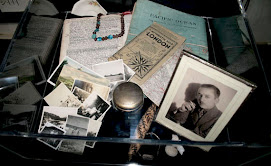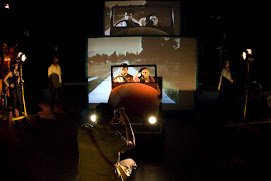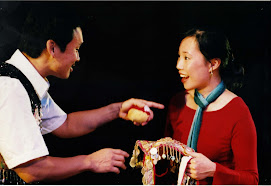
Downtown Milwaukee

Jones Island, Milwaukee
Those old industrial towns and cities have a particular geography and civic architecture that remind us of the forgotten social contract between the ‘brotherhood’ of workers and the company bosses.
Noëlle Janaczewska on writing, performance & culture

Downtown Milwaukee

Jones Island, Milwaukee
Those old industrial towns and cities have a particular geography and civic architecture that remind us of the forgotten social contract between the ‘brotherhood’ of workers and the company bosses.
 Excerpt 2:
Excerpt 2:
GIA NGHI
Sometimes, the wind off the desert makes it hard to swallow.
Over there’s where you get the bus to the city, and that way—nothing. Few kilometres north, the land crumbles to desert. It used to be under the sea or a lake or something. Before it dried up and went salty.
Sometimes, at night, I imagine the extinct animals in a sort of reverse Noah’s ark. Leaving 2 by 2, through a door in the back of the world.
Or the camel on the cigarette packet walking off in search of water.
Ghosts have trouble with water, my Gran says. I reckon Australia must be ghost paradise then. Because it’s so dry.
+Photo+Leah+McGirr+3.jpg)



